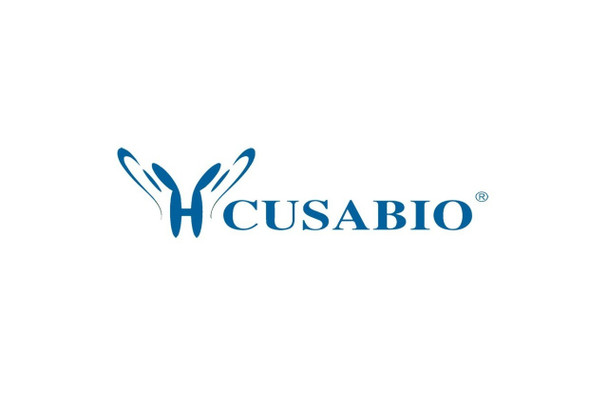Cusabio Polyclonal Antibodies
Phospho-CEBPA (Ser21) Antibody | CSB-PA942859
- SKU:
- CSB-PA942859
- Availability:
- 3 to 7 Working Days
- Size:
- 100ul
Description
Phospho-CEBPA (Ser21) Antibody | CSB-PA942859 | Cusabio
Phospho-CEBPA (Ser21) Antibody is Available at Gentaur Genprice with the fastest delivery.
Online Order Payment is possible or send quotation to info@gentaur.com.
Product Type: Polyclonal Antibody
Target Names: CEBPA
Aliases: CAP4; ICE8; MACH; MCH5; Mch-5
Background:
C/EBP is a DNA-binding protein that recognizes two different motifs: the CCAAT homology common to many promoters and the enhanced core homology common to many enhancers.
Takashi Akasaka, Blood, Apr 2007; 109: 3451 - 3461.
Carolina Gillio-Meina, Biol Reprod, May 2005; 72: 1194 - 1204.
Rapha l M篓顩歩vier, Mol. Endocrinol., Nov 2001; 15: 1953.
Neoncheol Jung, Eur. J. Biochem., Oct 2000; 267: 6180.
Isotype: IgG
Conjugate: Non-conjugated
Clonality: Polyclonal
Uniport ID: P49715
Host Species: Rabbit
Species Reactivity: Human, Mouse, Rat
Immunogen: Peptide sequence around phosphorylation site of Serine 21 (L-Q-S (p) -P-P) derived from Human C/EBP-α.
Immunogen Species: Human
Applications: ELISA, WB, IHC
Tested Applications: ELISA, WB, IHC;WB:1:500-1:1000, IHC:1:50-1:100
Purification Method: Antibodies were produced by immunizing rabbits with synthetic phosphopeptide and KLH conjugates. Antibodies were purified by affinity-chromatography using epitope-specific phosphopeptide. Non-phospho specific antibodies were removed by chromatogramphy using non-phosphopeptide.
Dilution Ratio1: ELISA:1:2000-1:10000
Dilution Ratio2: WB:1:500-1:1000
Dilution Ratio3: IHC:1:50-1:100
Dilution Ratio4:
Dilution Ratio5:
Dilution Ratio6:
Buffer: Rabbit IgG in phosphate buffered saline (without Mg2+ and Ca2+), pH 7.4, 150mM NaCl, 0.02% sodium azide and 50% glycerol.
Form: liquid
Storage: Upon receipt, store at -20°C or -80°C. Avoid repeated freeze.
Initial Research Areas: Cardiovascular
Research Areas: Epigenetics & Nuclear Signaling;Cancer;Cardiovascular;Metabolism;Signal transduction






